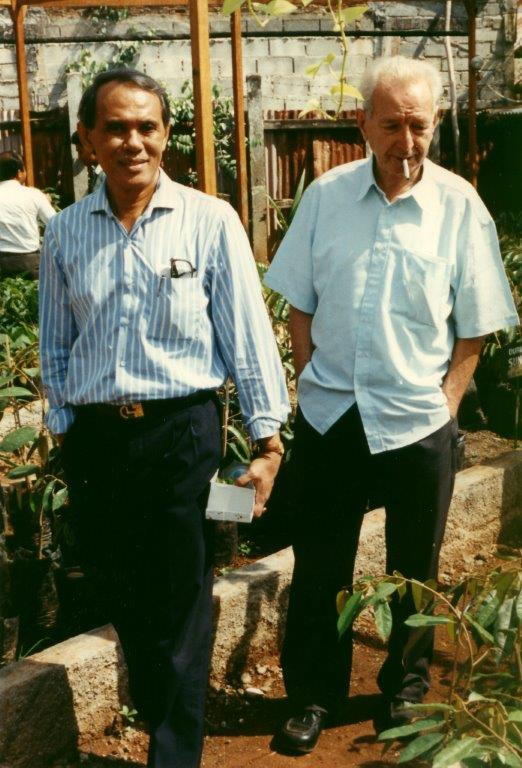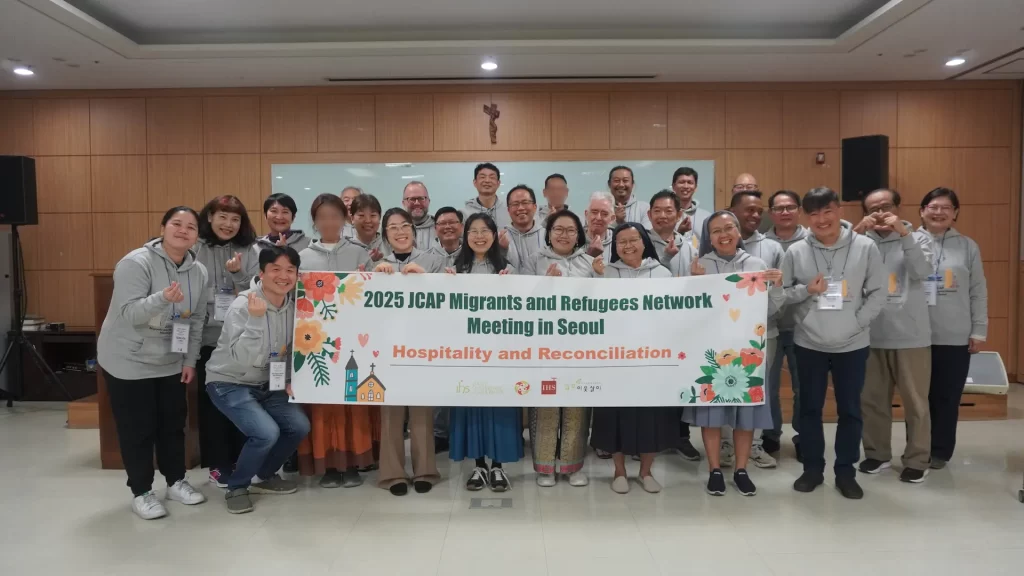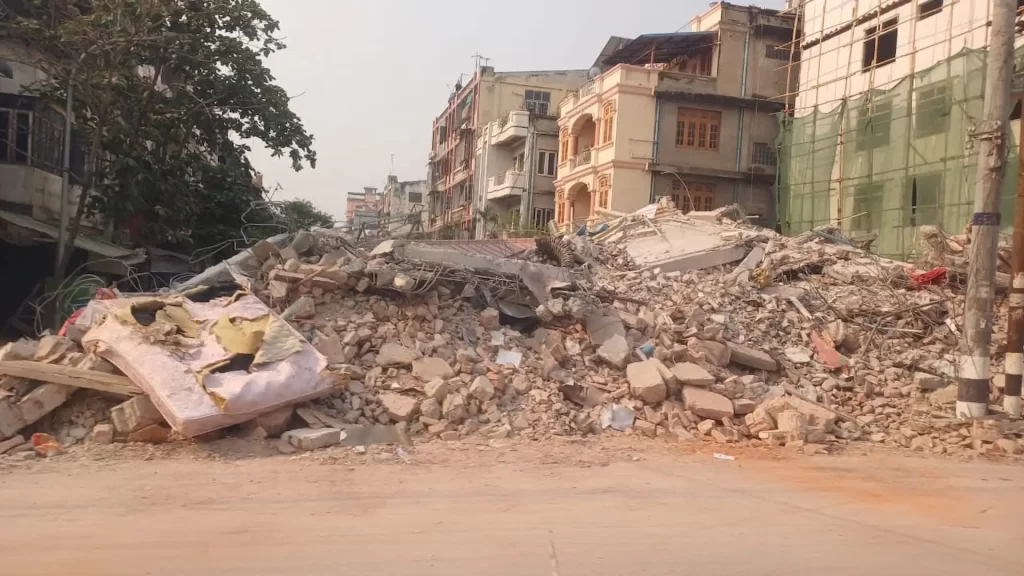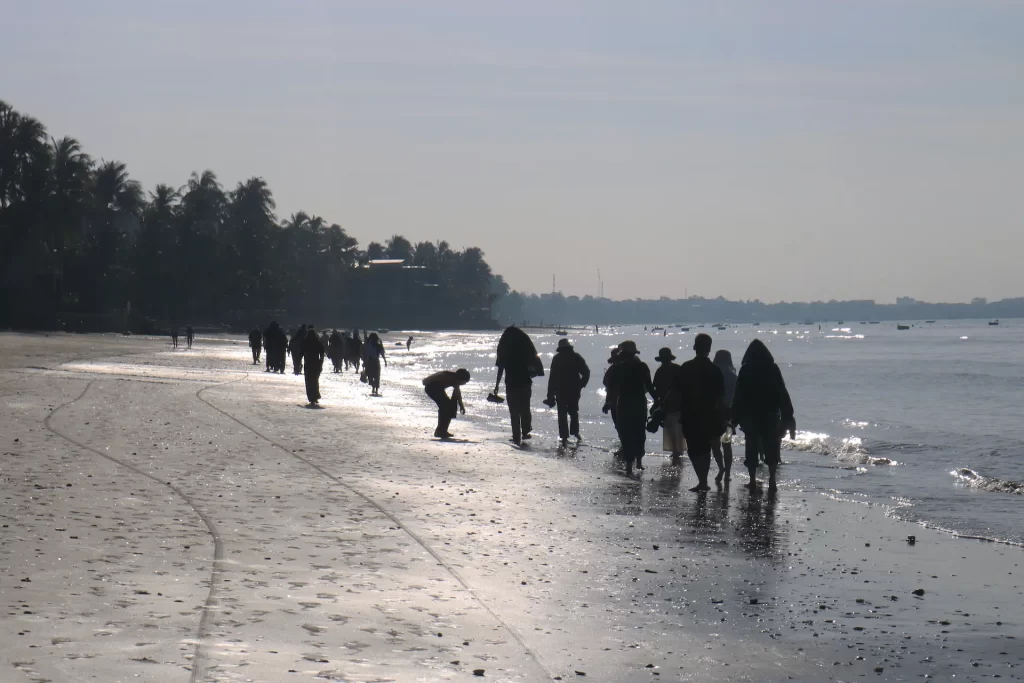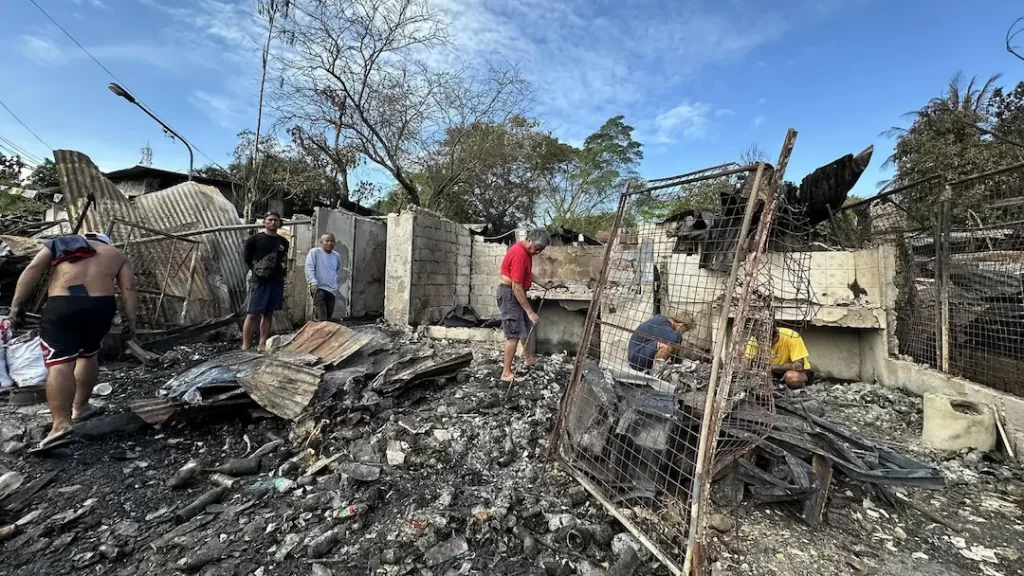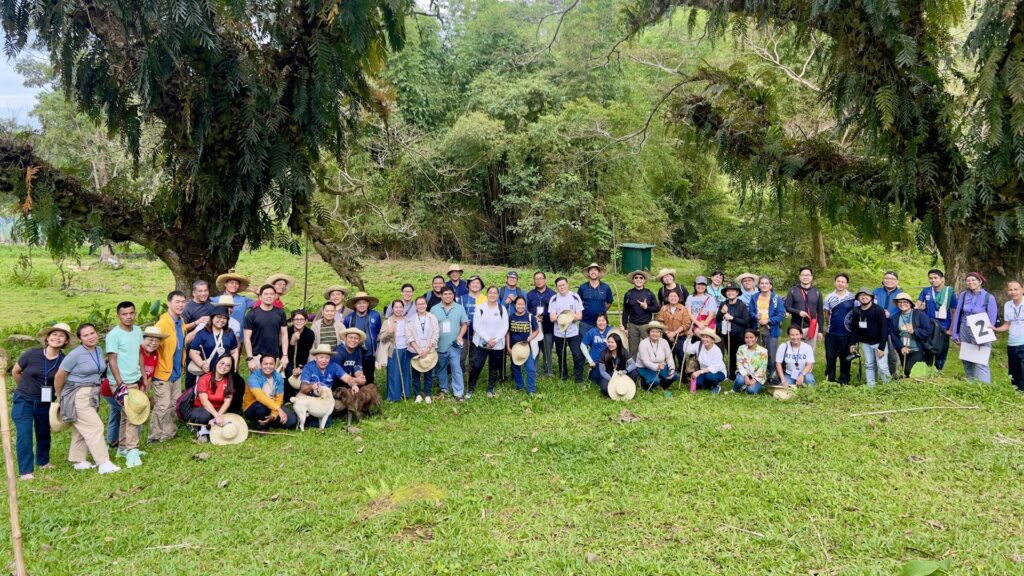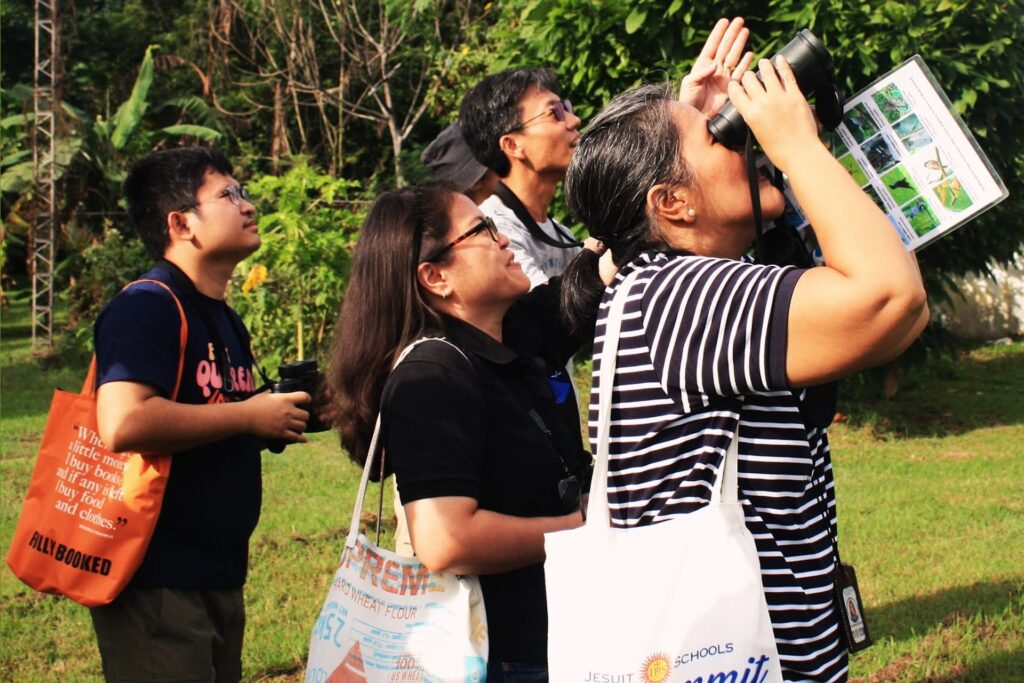On March 19 around 100 people congregated in Wisma Hijau, Depok, Indonesia to celebrate my 50 years of service with Bina Swadaya (self-reliance development). This is a charitable organisation based in Jakarta which runs 17 companies whose profits go to various social projects. It owes its foundation to a Jesuit priest, Fr John Dijkstra.
I met this Dutch missionary in Yogyakarta in 1962 at the crossroads of my life. Although a student of economics, I had lost the appetite to go into business. Instead I was deeply involved in the world of politics as a student activist although party politics was not really my cup of tea. Fr Dijkstra persuaded me to join Gerakan Sosial Pancasila or Pancasila Social Movement, an organisation he had helped found a few years earlier, which worked with workers, peasants, and fisher folks.
He then sent me for training in Bangkok in 1963 on community development and credit union work. The organiser was SELA (Committee for the Development of Socio-Economic Life in Asia) under the leadership of Fr Walter Hogan SJ. Until then my exposure to the Jesuits and their works had been limited. There were four participants from Indonesia in that workshop and there I met Fr Albrecht Karim SJ, a German missionary in Indonesia who was an adviser to the labour wing of Pancasila Social Movement in Jakarta. As it turned out, the workshop in Bangkok exposed me to a wider network of community organisers working with different segments of society. It also marked a further step in my involvement in social movements.
The following year, in January 1964, I was made the executive secretary of Pancasila Business Association. This did not last long though as I was appointed the chairman of Pancasila Peasants Association in March 1965. I felt more at home in the latter because of my academic background in agricultural economics.
Pancasila Social Movement was founded as a social outreach programme of the Catholic Church in Indonesia. It began life in the second Congress of All Indonesia Catholics in Semarang 1954. At the time, Msgr Albertus Magnus Soegijapranata SJ was the head of the Commission for Social Economic Development of the Bishops Conference. Fr Dijkstra was his secretary. It was obvious that a Jesuit “conspiracy” was behind the movement.
Interestingly, the church deliberately used the name “Pancasila” or the “Five Principles” (the state’s ideology) instead of “Catholic.” This was born out of the conviction that this movement, despite its beginning within the Catholic circles, should embrace all Indonesians, reflecting the willingness to work collaboratively. This step anticipated the subsequent call for openness in Vatican Council II.
As the chairman of Pancasila Peasants Association, I often rubbed shoulders with Indonesian Jesuits who worked in social ministries. To name some of them, Fr Chris Melchers was in microfinance, Fr Kadarman in higher education and management training, Fr Daniels in communication, Fr Callens in agriculture, Fr Albrecht Karim in labour movement and credit union, and of course Fr Dijkstra who was the coordinator. In Asia Pacific, the Office for Human Development of the Asian Bishops Conference often invited us to go to meetings in the region such as the Philippine National Rural Congress (1967), Baguio Colloquy (1968) and Workshop on Population (1975) where again the Jesuit connection was obvious.
When General Suharto took power in Indonesia, he quickly disbanded independent people’s organisations, including Pancasila Social Movement in 1973. At the time Fr Dijkstra was the secretary of SELA based in Manila. He noticed similar shifts towards authoritarianism sweeping through many countries in Asia, which increasingly stifled freedom and other political rights. In response, he organised the Development of Human Resources in Rural Asia Workshop in Bangkok, which lasted for three weeks, in 1974. Employing a developmental language acceptable to most Asian political regimes at the time, 130 participants took part in this workshop, including 15 from Indonesia. At the end of it the participants agreed to establish the Center for the Development of Human Resources in Rural Asia (CENDHRRA) to manage the action items from this meeting. Going back to their home countries, the participants created local institutions which acted as partners: INDHRRA (Indonesia), MASDHRRA (Malaysia), PHILDHRRA (the Philippines), THAIDHRRA (Thailand), KODHRRA (Korea), JADHRRA (Japan), DHRRAWROC (Taiwan).
These institutions wasted no time in organising a series of workshops and training programmes which was called CIRD (CENDHRRA Integral Rural Development) in the areas of agricultural production, technology, capacity building, youth, women, the role of culture, and religion. The series took place every six months for the next three years in various locations in the Philippines, Indonesia, Malaysia, Thailand, and Korea. Apart from spreading knowledge on rural development, these meetings fostered a bond between social activists in Asia. This interaction was instrumental in the establishment of various NGOs in the region, including Bina Swadaya, in response to the government repression on popular organisations. Since 1990 the role of CENDHRRA has been passed on to ASIADHRRA.
I cherish the memory of Fr Dijkstra, a mentor, inspirator, and dear friend. My thanks and respect go to the Jesuits I mentioned before and to some others who never tired of promoting social development in Asia: Fr Mark Raper from Australia, Fr Basil Price from Korea, Fr Anzorena from Japan and Fr Bulatao from the Philippines. In different ways they shaped me into who I am.
Bambang Ismawan
Related story: Living a faith that does justice in Asia Pacific

